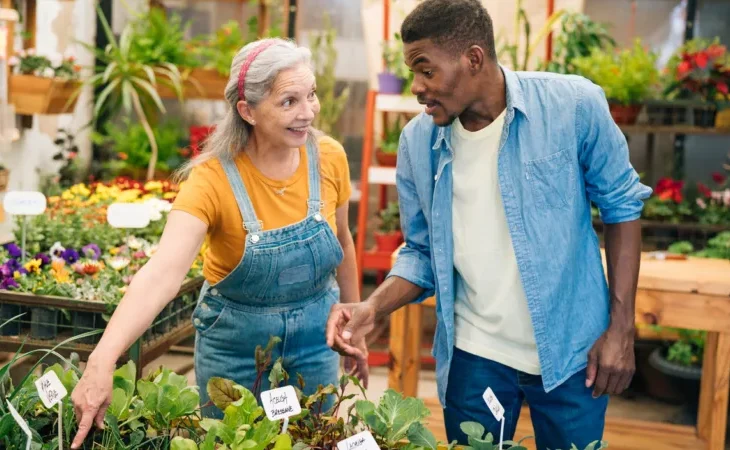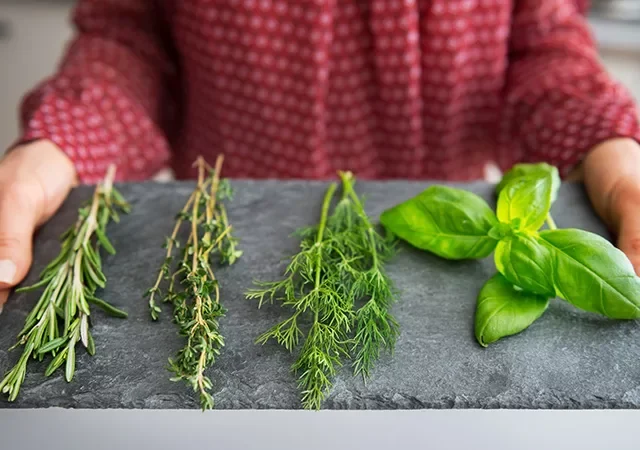There’s a lot to like about gardening. For starters, it’s the sensory experience of being surrounded by greenery, the soothing sounds of birds, touching a leaf or bud, and smelling the fresh blossoms and rich soil. There’s the feeling of zen that comes with acts like planting, watering, weeding, and harvesting. Gardens are constantly changing as months pass and seasons change. They take on more and more meaning as the years go by and roots become established.
Needless to say, there are many positive aging benefits of gardening. Few activities are as apt for older adults as they enjoy their retirement in peace and comfort. A study shared by the National Library of Medicine detailed how gardening improves the quality of life for seniors. Gardens’ sensory benefits can be so powerful that they conjure up memories of past gardens and cultivate a feeling of well-being. The study describes these reflections as imbuing life with “meaning and self-continuity, bridging the past to present.”
GreenFields’ campus makes green spaces a priority by design. The property is home to many vegetable and flower gardens tended to by residents . It’s 26-acre of landscaped grounds include a fishing pond and a 3.5-acre native prairie. The Conservation Foundation has certified GreenFields as a “Conservation At Work” site.
Gardening has meaningful physical benefits, too. The exercise and routine activity it provides can result in a lower risk of stroke and a healthier, longer life. A recent study notes that seniors with the highest level of daily physical activity have a 27 percent lower risk of heart attack or stroke, and a 30 percent reduced risk of death from all cause. Even with age, gardeners can make do with raised beds, using larger pots, and hose types that require less dragging around.
Even if you don’t have a green thumb, gardening can be a great pastime for most anyone. Gardening is a lifelong activity that provides innumerable benefits that are healthy for the body and the mind.



